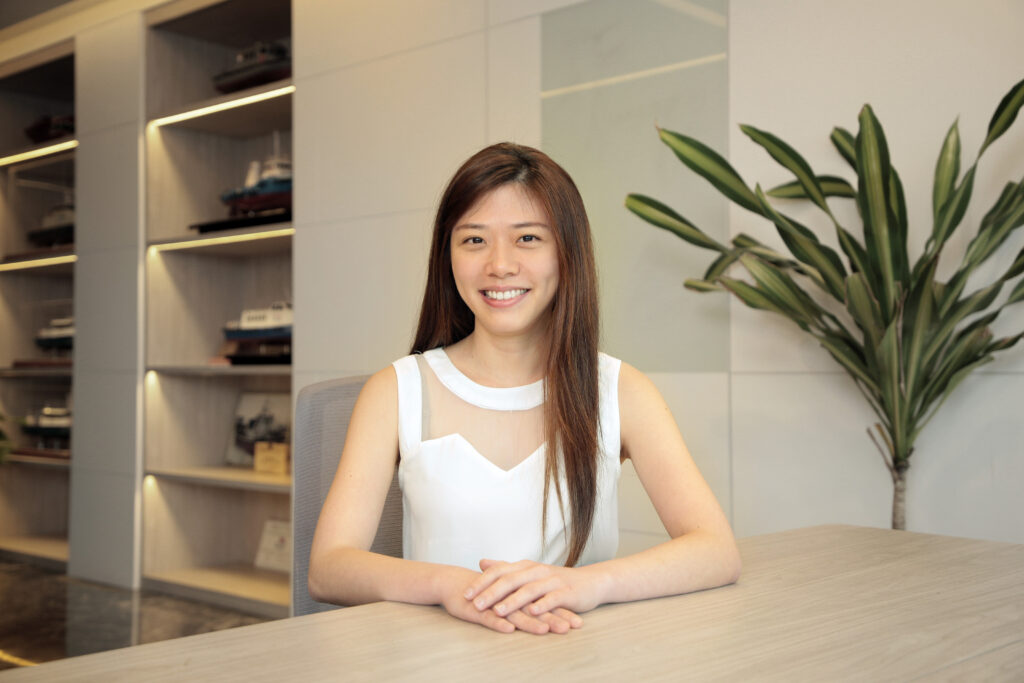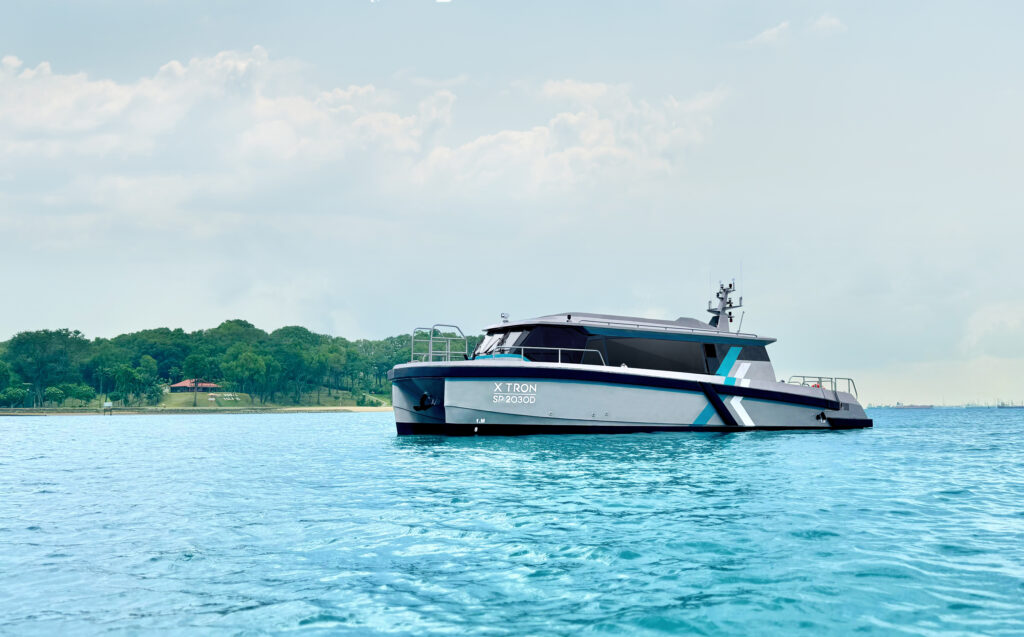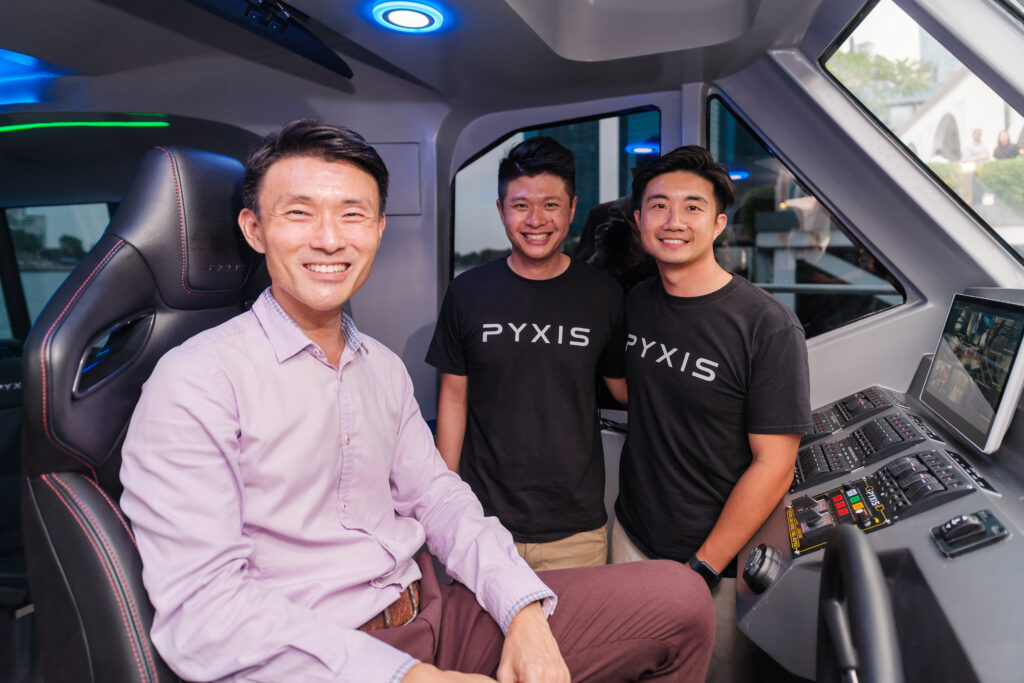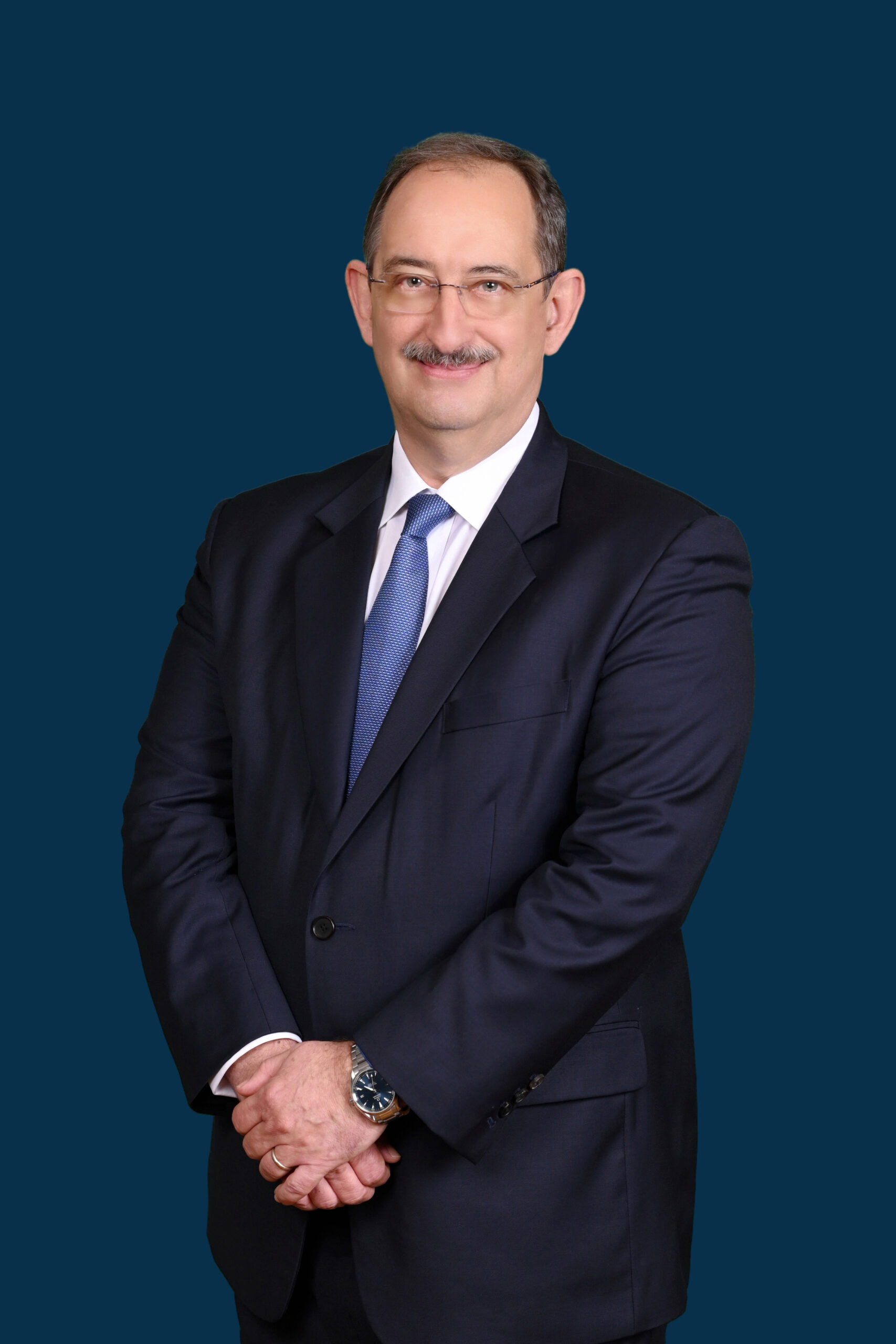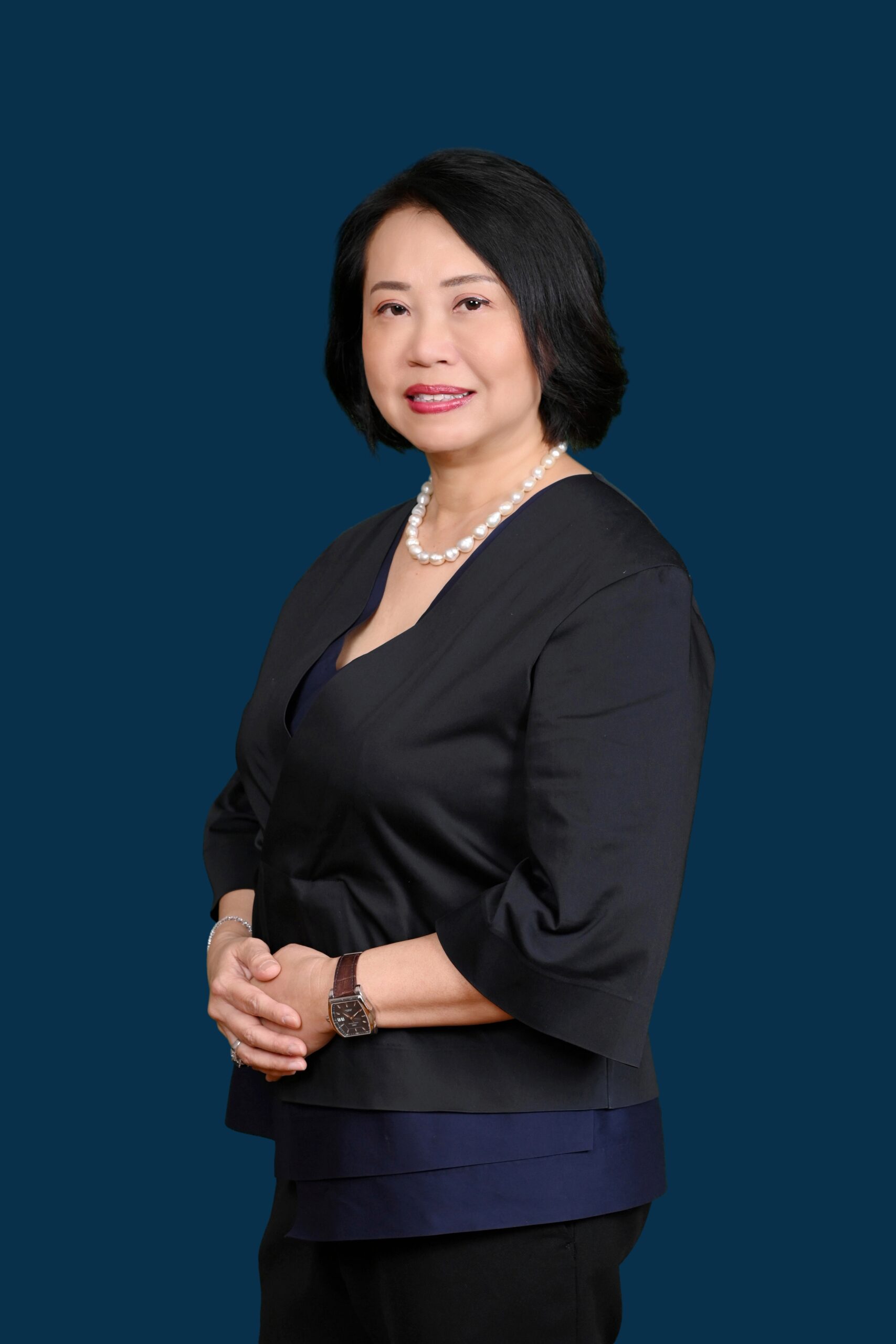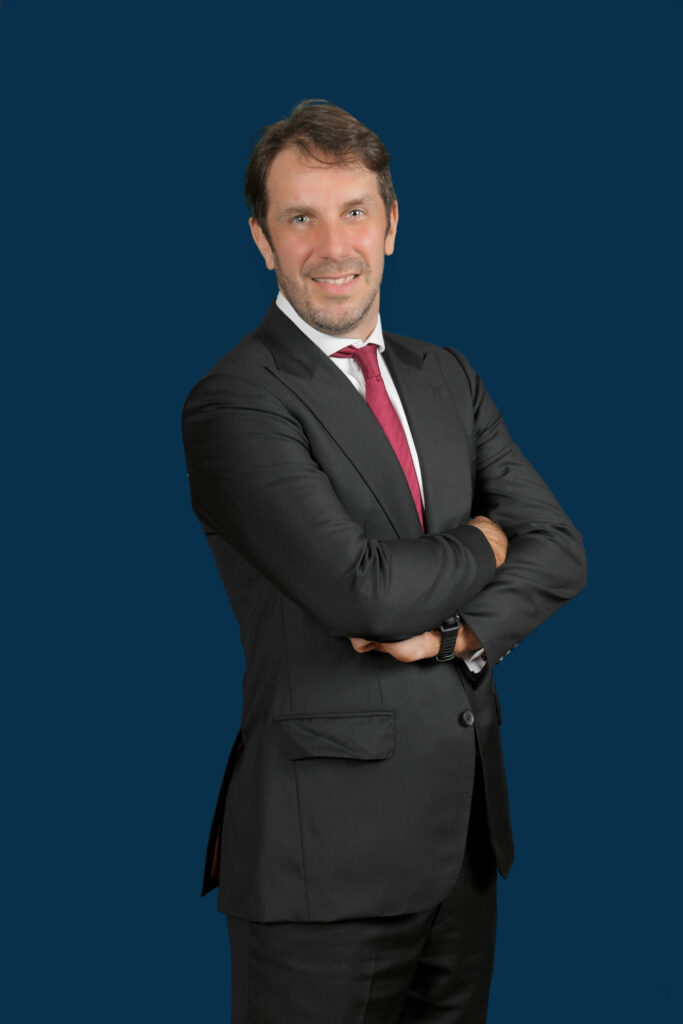- About Us
Who We Are
Established in 2004, the Singapore Maritime Foundation (SMF) fosters public-and-private sector collaboration, promotes Singapore as an International Maritime Centre (IMC), and nurtures a talent pipeline to position Maritime Singapore for continued growth.
SMF LEADERSHIP
- Connecting Businesses
Connect Business
SMF connects Maritime Singapore to the world and fosters the cohesiveness of the industry
TRADESHOWS & EXHIBITIONS
TRANSFORMATION OF MARITIME SINGAPORE
- Spur Innovation
Spur Innovation
SMF partners the industry to showcase maritime innovations and to advance thought leadership
Spur Innovation
- Develop Talent
Develop Talent
SMF develops a maritime-ready workforce to support the growth of the industry through the three pillars of Attract, Engage and Grow - Events
- Media Centre
- SMF Blog
- Contact Us
- About Us
Who We Are
Established in 2004, the Singapore Maritime Foundation (SMF) fosters public-and-private sector collaboration, promotes Singapore as an International Maritime Centre (IMC), and nurtures a talent pipeline to position Maritime Singapore for continued growth.
SMF LEADERSHIP
- Connecting Businesses
Connect Business
SMF connects Maritime Singapore to the world and fosters the cohesiveness of the industry
TRADESHOWS & EXHIBITIONS
TRANSFORMATION OF MARITIME SINGAPORE
- Spur Innovation
Spur Innovation
SMF partners the industry to showcase maritime innovations and to advance thought leadership
Spur Innovation
- Develop Talent
Develop Talent
SMF develops a maritime-ready workforce to support the growth of the industry through the three pillars of Attract, Engage and Grow - Events
- Media Centre
- SMF Blog
- Contact Us

